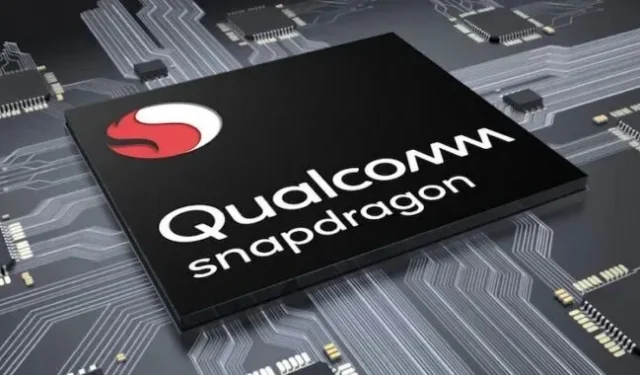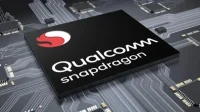Protocol says that Qualcomm will finally switch to support for the AV1 video codec next year. AV1 is the next royalty-free open source video codec, and its widespread adoption will require hardware support from global chip manufacturers.
Qualcomm’s 2022 flagship SoC, Snapdragon 8 Gen 1 chip, does not support AV1. The Samsung Exynos 2200 managed to ship the video codec this year in international versions of the Galaxy S22, while the MediaTek Dimensity 1000 SoC has been shipping in phones with AV1 support for over a year now. Apple is a founding member of the AV1 Alliance, but its devices don’t support this codec yet either.
The report states that Qualcomm’s “upcoming flagship mobile Snapdragon processor”- model number “SM8550”- will support AV1. This will likely be called the “Snapdragon 8 Gen 2″SoC due out in 2023.
Widespread adoption of AV1 seems inevitable, although it will take time. This codec is the successor to Google’s VP8 and VP9 codecs and is being created by the Alliance for Open Media. The alliance is made up of technology companies whose founders include Amazon, Apple, ARM, Facebook, Google, Intel, Microsoft, Mozilla, Netflix, Nvidia and Samsung. Netflix and Google’s YouTube are making AV1 support a “requirement “for future products that want to support any of the video services. This should motivate almost every hardware and software vendor to get the job done.
Google is doing its best to implement AV1 and is already building custom AV1 video transcoding hardware for its YouTube data centers. The company is also demanding AV1 support for Android TV devices and is going to war with companies like Roku that don’t want to roll out support. Google’s hardware division is the company’s main underdog; AV1 support is not yet available on the Pixel or Chromecast/Google TV line of phones. The addition of Qualcomm will mean that almost every 2023 flagship Android smartphone will support this codec.


